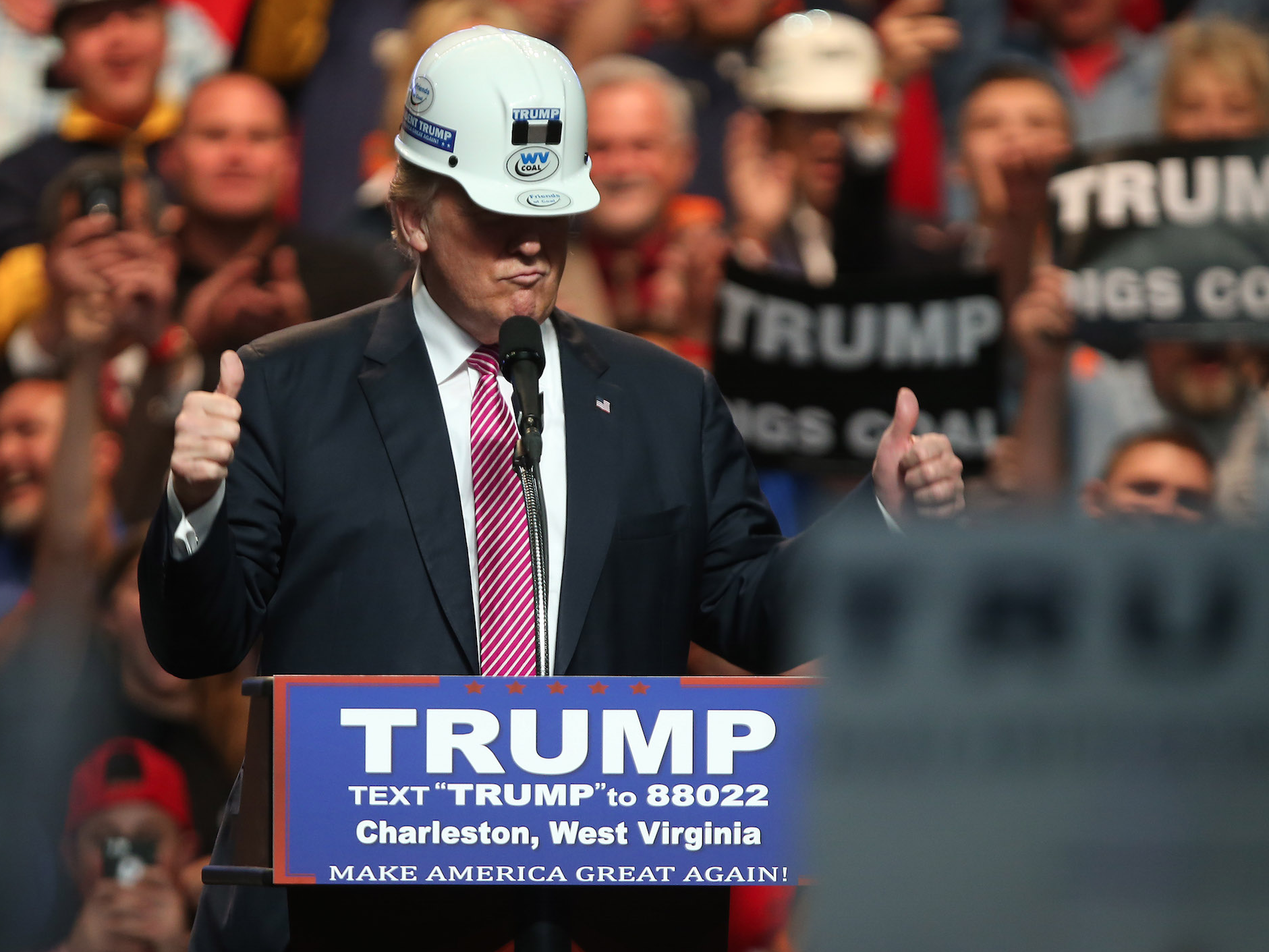Throughout his campaign, President-elect Donald Trump promised he would keep jobs from leaving America for places like China and Mexico where companies can pay lower wages.
Last week, Trump convinced the air-conditioner manufacturer Carrier to keep its Indiana plant open. The company announced it would keep about 1,000 jobs across two Indiana locations instead of moving them to Mexico.
It’s not uncommon for local government officials to try to convince companies to not move their jobs across borders. It is rather uncommon for a president-elect – let alone a president – to spend his time haggling over 1,000 jobs. After all, the US economy creates about 180,000 jobs a month these days.
But Trump says he wants to stick to these unorthodox tactics.
In an interview with Time magazine’s Michael Scherer after being named Time’s Person of the Year, Trump said he wants to speak with the CEO of any company considering shipping jobs overseas. Trump told Reince Priebus, the next White House chief of staff:
"'Hey, Reince, I want to get a list of companies that have announced they're leaving,' he called out. 'I can call them myself. Five minutes apiece. They won't be leaving. OK?'"
And in a series of tweets on Sunday, Trump issued a warning to CEOs who are thinking about moving jobs out of America.
"The US is going to substantially reduce taxes and regulations on businesses, but any business that leaves our country for another country, fires its employees, builds a new factory or plant in the other country, and then thinks it will sell its product back into the US, without retribution or consequence, is WRONG!" he wrote.
While Trump says this is all part of his plan to "Make America Great Again," skeptics, such as the Nobel-winning economist and New York Times columnist Paul Krugman, think that no matter what Trump does, manufacturing jobs aren't coming back to America, in part because they're not all moving abroad. Most, in fact, are being automated out of existence.
In a tweet in late November, Krugman wrote: "Nothing policy can do will bring back those lost jobs. The service sector is the future of work; but nobody wants to hear it."
That doesn't matter to Trump, who campaigned on a pledge to protect American jobs and who can now tout the Carrier deal as an early victory in that effort.
He is also taking credit for a pledge by Masayoshi Son, the CEO of the Japanese telecom SoftBank, that the company would bring $50 billion in investments and 50,000 jobs to America over the next few years. (SoftBank, which was creating a fund to invest in tech long before the election outcome was determined, was probably always going to do this.)
These are just two situations in a country where businesses are choosing to invest, divest, hire, and fire all the time. It's hard to see how Trump is going to pick on every CEO who goes against his jobs promise. But he's trying. He's also tweeted about Rexnord, a ball-bearings maker that Trump says is moving its Indiana plant to Mexico and "viciously firing all of its 300 workers."
There's no word yet on if Rexnord will change its plans, but this tweet speaks to what Trump is really planning to do: name and shame, and hope that this discourages others from doing things he doesn't want to see done. After all, it takes a lot less time to fire off a tweet that sends a chill through the C-suite at Boeing than to call every CEO in America.

